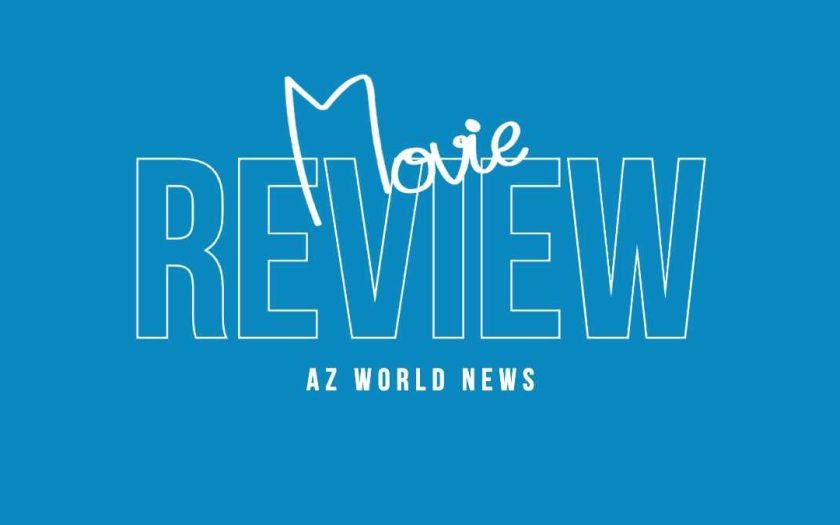Patricio Guzman is a famous Chilean documentary filmmaker who had to flee his country after a coup in the first half of the 1970s when a notorious Pinochet-led military junta took power and overthrew the democratically elected government of Salvador Allende. Allende and many were killed, and most of Chile’s leading intellectuals escaped the country. Among them was Guzman, who was in his early thirties at the time and later shot the epochal three-part documentary “The Battle of Chile” in exile, in Mexico, Cuba, and finally France. Both after the overthrow of Pinochet and after Chile became a democracy again, Guzman remained living abroad, but through films he constantly returns to his country.
Such is the case with “Cordilleras of Dreams”, a poetic and somewhat philosophical-existentialist documentary in which he only deals in principle and superficially with the Chilean mountain range, and in fact it is primarily a political documentary about a country that no longer exists. Both Guzman and several of his interlocutors share here that they dream of Chile from afar, and although he has returned to Chile several times to make films, Guzman points out that this is not a country he remembers when he had to flee almost half a century ago. It is a film that seems nostalgic and given Guzman’s political preferences and that he does not hide that he is in his youth, and even now he is “allendist” and socialist, he analyzes what happened to Chile in these half centuries. Just like in the previous film, “The Pearl Button,” Guzman acts as a dreamer, idealist, utopian, as a man who still dreams of a fairer society and a better future for every country even though he was already in the 1970s, when most people gave up utopias and dreams.
The brutal Pinochet regime and its legacy are at the very core of all of Guzman’s films, including this one, and it seems to me that he is one of those who is constantly making the same film. His destiny and the destiny of his country haunt him and it is as if he cannot regret the opportunity that Chile, perhaps the world had with Allende, but which is suffocated in blood. He found interesting characters here again, so we meet a cameraman who has been filming everything that happens in Chile since the end of the seventies, and through his archive we get to know the extent of the reign of terror. The Cordilleras, a massif that seems to be the wall that separates Chile from the rest of the world here as if they are symbolic and contemplates what they mean to him and others.
This film reminded me of documentaries made by Werner Herzog, because Guzman, with his old but tired voice, is also an occasional narrator, while beautiful shots follow, which are then interrupted by some not very nice and pleasant shots and photographs and testimonies. It is as if he is trying to analyze whether his country has learned from the mistakes of the past and what is the legacy of the Pinochet regime and how they are very close to the then regime. How they looted and resold everything they could and how the economic model that came into force in the 1970s is institutionalized today and how Chile is today a country of increasingly extreme differences. He points out that all the horrors committed at that time were well known and that it would never be possible to justify it, and that it was not a mistake, but a brutal and horrifying horror.
MORE MOVIE REVIEWS: WOLF (2021, IRS) Movie review, plot, trailer
